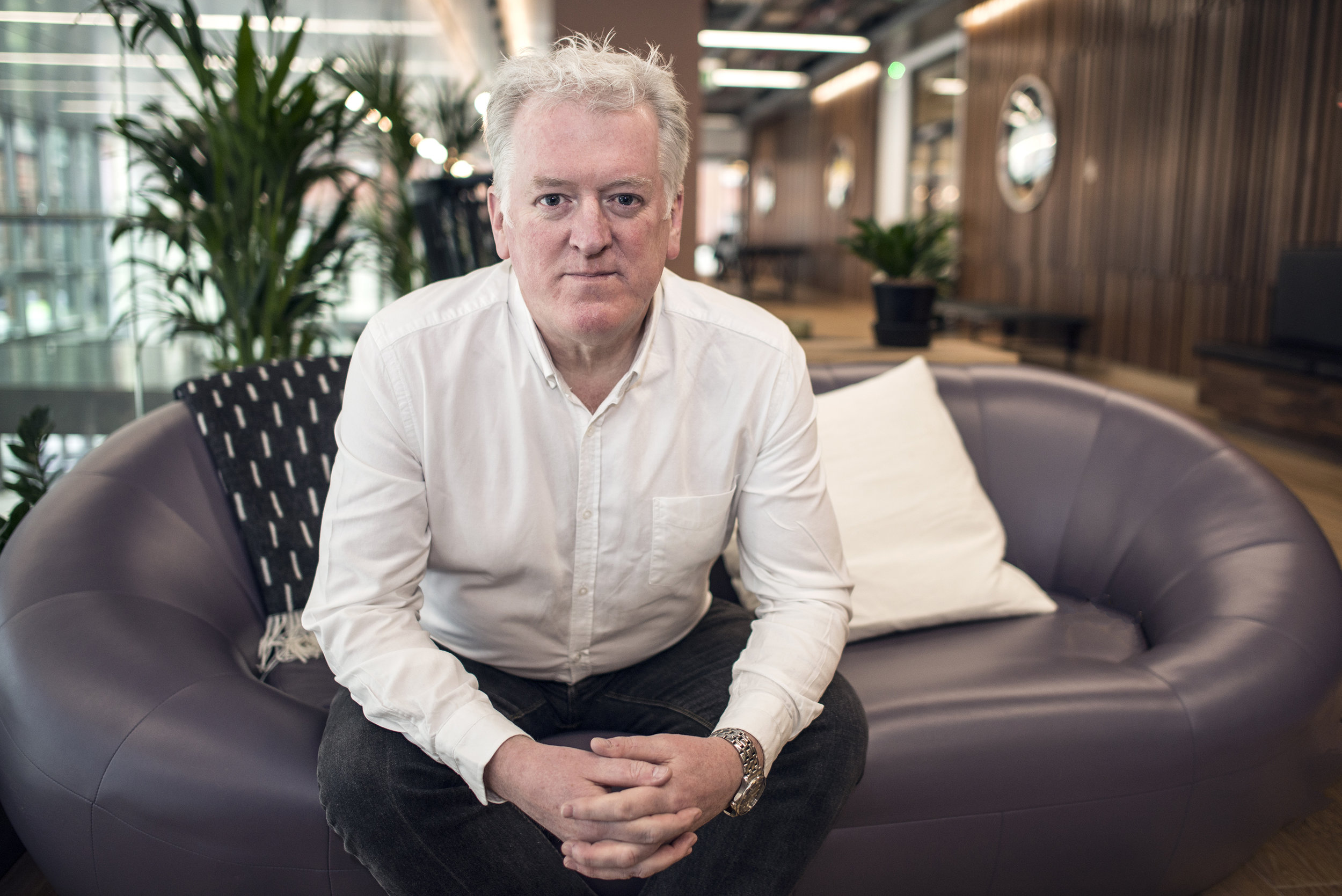Meet Casey Bird, who is trailblazing the advertising, marketing and design world to give freelancers the chance to anonymously share their experiences and get a heads up on agencies others love, or loath. The Freelance Circle is helping to change the way businesses think about and work with freelancers. We take our hat off to this lady....
1. What's the biggest lesson you've learnt from starting up The Freelance Circle?
I’d say one of the biggest lessons from launching my review site, The Freelance Circle, would be to ‘trust your decisions’. As a founder you need to really trust your own opinion and thinking – you know the answer, so why ask others? Don’t get me wrong, opinions matter, but only from the right people. Otherwise, you end up with an overload of different opinions and confuse yourself, when the only one that matters at the end of the day, is yours.
2. What's the one piece of business advice you wish you'd been given when you started?
Be patient. Don’t expect miracles overnight. When I first launched The Freelance Circle, I wanted to wake up the next day with millions of freelance reviews from all over the world and Beyoncé tweeting how badass my idea was. You have to work hard and dedicate thinking time to build a credible brand. These things don’t happen overnight.
3. Was there ever a point when you wanted to give up?
It’s been one year since ideation and 6 months since the official launch – so I’d hope I don’t want to give up yet! Over the last few years I’ve had many business ideas, however with this idea, I knew there was a real insight into it and a real need, and thankfully that ‘spark’ hasn’t died and instead fueled me to keep going.
4. What's been the biggest milestone for the organization so far?
In just 6 months we have now reached 200 organic reviews – no paid advertising, no paid search – just freelancers genuinely wanting to share reviews on their experiences and agencies ready to listen. That has to be one amazing milestone so far. The second would be 2 London based advertising agencies contacting us already to ask for more information on the reviews and asking to collaborate to use our insights to make their workplace better, not just for freelancers but permanent staff too.





